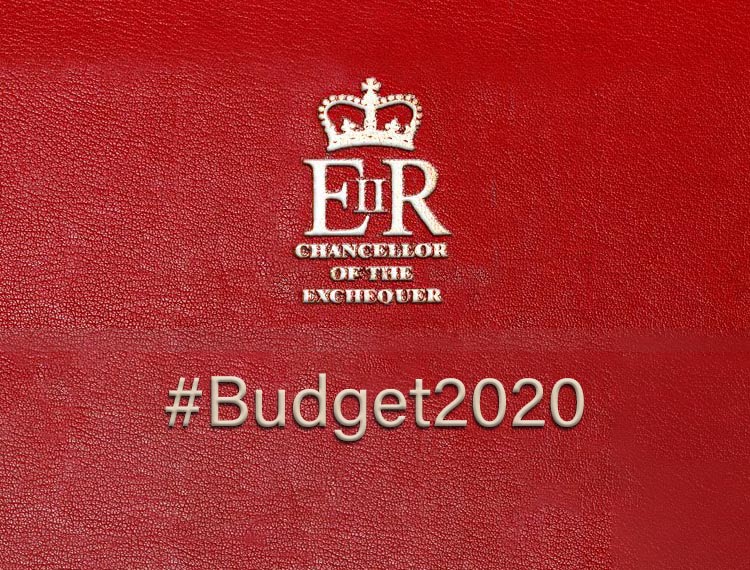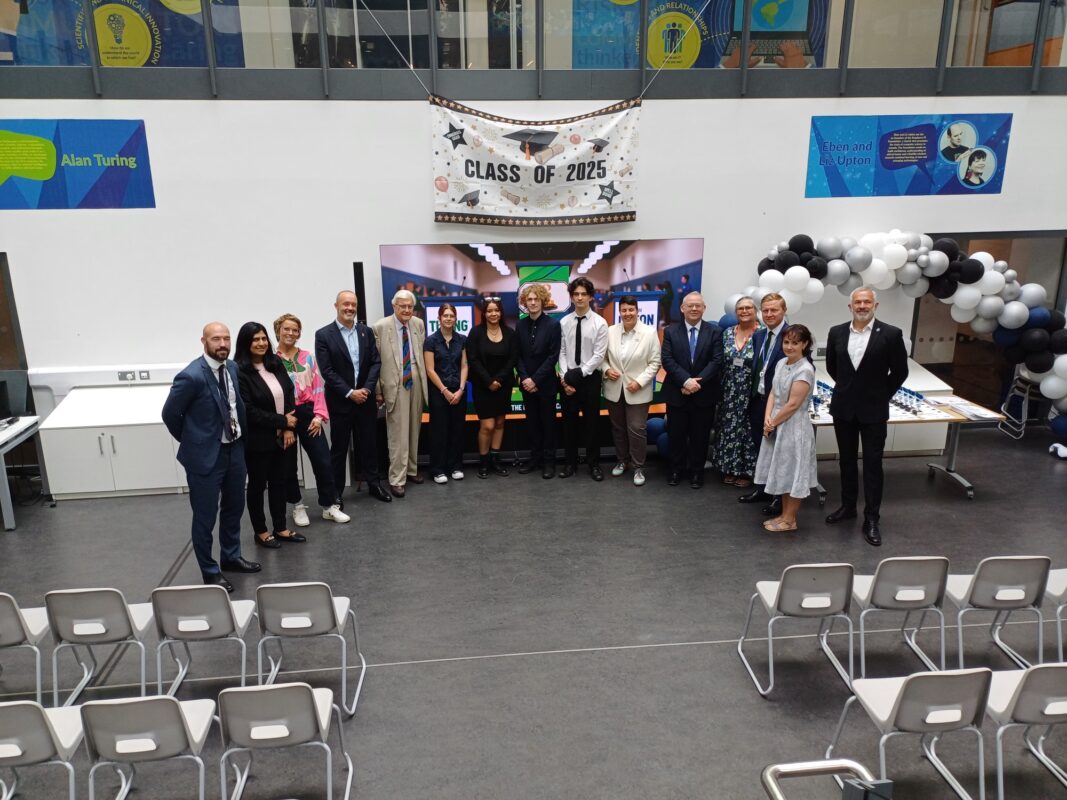Five key priority areas for the 2020 Budget to underpin wider social and economic transformation for the UK over coming decades

@RussellGroup submission to the #Budget2020
Russell Group have published their submission to the 2020 Budget, setting out the areas they believe should be prioritised to support the Government’s ambition to level up opportunity and investment across the regions and nations of the UK and unleash the country’s full potential:
The Budget this month is only the first major fiscal event this year and we recognise that some of the following proposals may need to be developed further in the upcoming Spending Review. However, early signalling of the Government’s intent, following the welcome pre-Election announcements and manifesto commitments on research and innovation for example, will help to ensure economic and social progress can be delivered at pace.
We therefore propose the 2020 Budget should deliver on five key priority areas for the UK that will, in turn, underpin wider social and economic transformation for the country over the coming decades:
- Develop a new approach to deliver place-based economic growth
- Turbocharge investment in fundamental research
- Launch strategic science-based missions for high-risk, high-return
- Strengthen the talent pipeline for high-level skills
- Maximise our opportunities for global collaboration
1. Place-based economic growth
- Set a target to boost productivity across the UK with the aim of strengthening the weakest regions and devolved nations while at the same time continuing to secure substantial growth in its strongest parts. Research intensity, key infrastructure investments and the accumulation of graduate skills are essential to level-up productivity, and recommendations to achieve this ambition are highlighted below.
- Make the welcome commitment to double public R&D investment real and tangible with an ambitious 10-year plan, including clear milestones, that will boost business confidence to invest in the UK for the long-term. The aim should be to make the UK the partner of choice for innovative high value companies to grow and for international research collaborators to locate their new activities here, distributed throughout the UK.
- Speed up and simplify investment decision-making locally and regionally by funding the UK’s research-intensive universities to act as hubs for a substantial package of research, development and innovation funding. Rather than specifying exactly how this funding should be spent, universities should be required to set out individual plans based on local/regional needs and expertise. For example, funds could be used to: enhance innovation capacity and skills, address inequalities, develop patient capital funds, act as a one stop shop for FDI, create regional innovation districts, or build on centres of genuinely world class research to create global advantage for the UK in multiple locations spread across the country. This funding should be made available to universities in all of our nations, not just the English regions, to act as a cohesive social and economic force for the UK as a whole while also delivering local transformation.
- Reform VAT rules to encourage businesses and universities to invest in capital projects jointly, to share facilities, to build close links and help enhance the process of taking research into commercial application.
2. Fundamental research
- Shift towards long-term, and low bureaucracy, investments in people and ideas by introducing a significant uplift in quality-related funding for research (the so called ‘QR’ grant from Research England and its equivalent in the devolved nations). Doubling this grant over the next five years would help Government realise its aims of supporting breakthroughs in blue-skies research while also boosting the research talent pipeline.
3. Strategic science-based missions
- Launch the proposed UK Advanced Research Projects Agency (ARPA) for high-risk, high-reward, research and innovation with an early round of missions tackling issues where the UK can and should take a global lead. Funding for each mission should be substantial: covering the full economic costs of projects and at a scale large enough to make a real difference and rapid progress.
- Commit to transforming public procurement alongside the development of ARPA to create a dynamic ‘innovation pull’ effect for the UK. Mandate a proportion of all public procurement spend should be on truly innovative solutions and support public sector bodies (such as the NHS) to demonstrate new advances at scale – in turn, helping to build a wider culture of openness to change in technology.
4. The talent pipeline for future high-level skills
- Provide sustainable funding for science and technology degrees, enabling the UK’s world-leading universities to train the next generation of British scientists and engineers. Science, technology, engineering and medical qualifications will be critical for the future prosperity of the UK, but universities and colleges are currently teaching these subjects at a loss. In universities where academic excellence means research-led and smaller group teaching, the shortfall is already over £1,500 per undergraduate student per year. We hope the Government will commit additional funds to eliminate this gap and put the emphasis on delivering high quality teaching and student outcomes.
- Make the UK the best place for postgraduate research training, strengthening the country’s position as a research superpower and laying the foundations for future R&D-led growth, economic and social transformation. The UK will need a significant new pool of research talent in business, universities, the public and third sectors and the UK should be ambitious, not cut corners. The full economic costs of this training should be met from public funds.
5. Global collaboration
- Ensure universities are actively involved as part of negotiations over future trade deals, drawing on our research strengths and attractiveness for international students.
- Make a commitment to ring-fence sufficient funding for the UK to participate in the world’s largest programme for multi-country collaborative R&D and research excellence, Horizon Europe, as a fully associated country. Or, if that is not possible: for the UK to participate as a third country along with a commitment to invest at least £1 billion a year to stimulate global research and innovation collaboration and attract the world’s best researchers. Ideally, the UK should be even more ambitious and do both: providing the country with a medium-term competitive advantage in economic development and trade.
- Further enhance the UK as a place for innovation and enterprise by ensuring visa and other associated fees for highly skilled migrants are internationally competitive and will allow the UK to continue being able to attract leading talent. Continue to work with universities and other key stakeholders to design and implement other elements of the UK’s new visa system (including the proposed points-based system, new post-study work offer and Global Talent visa).
Investing in place-based economic growth, in fundamental research, in key strategic science-based missions and in the talent pipeline for future high-level skills will boost our knowledge economy and help realise the levelling-up ambition. It will also mean the UK can make real progress on key priorities such as delivering on the net zero emissions target, improving health and equality outcomes and translating our excellent research ideas into innovation.
As this Budget is the first to be delivered after leaving the EU, we also hope the Government will be bold in its ambitions for Global Britain: seeking a strong future relationship with Europe for research and education, ringfencing funding for full association to Horizon Europe, while also looking for opportunities to enhance collaborations around the world. At the same time, we are determined to continue doing our part to deliver on the Government’s priority to create a stronger and more dynamic economy.











Responses